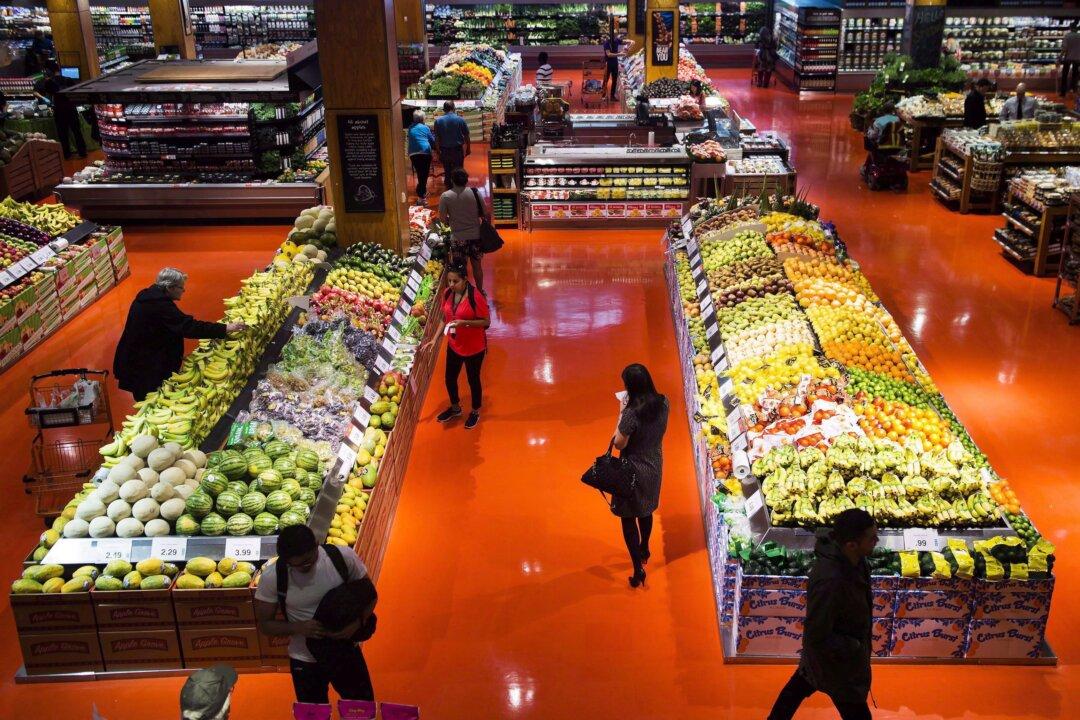Loblaw Companies Ltd. has announced a reversal of its earlier decision to end the 50 percent discount on food products nearing their best-before dates.
Loblaw Companies Ltd. had recently revised its discount policy for perishable food items close to their expiration date. Instead of the previously-offered discounts of up to 50 percent, the company said it would cap the discount at 30 percent on items like meat, fruit, and vegetables.





